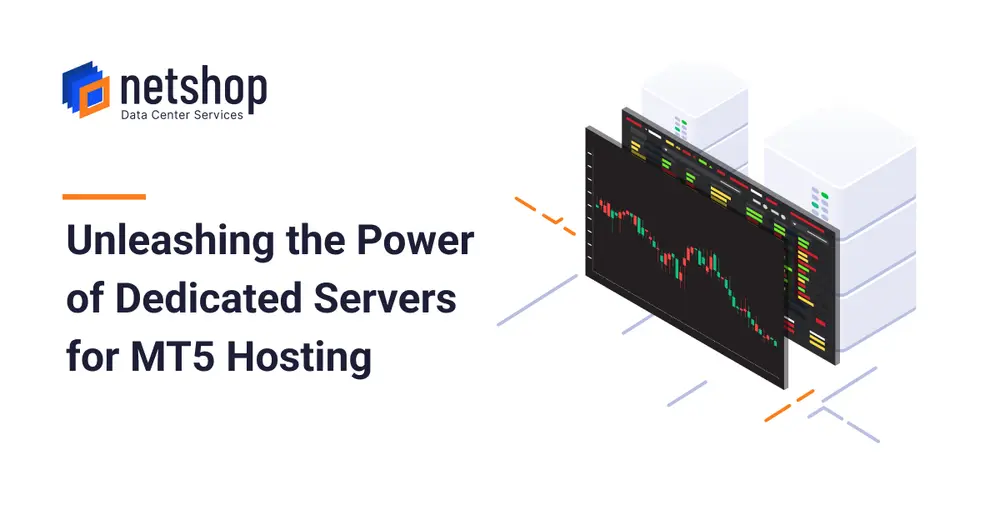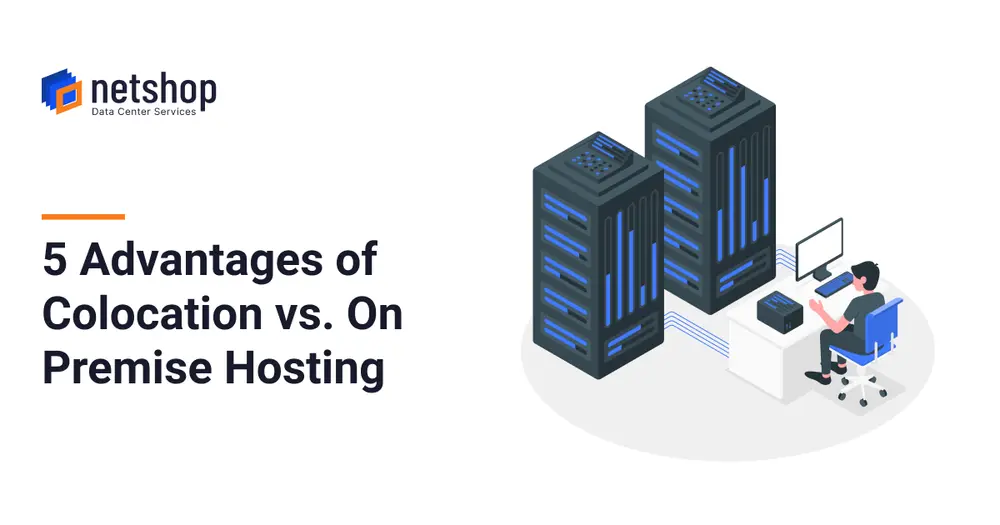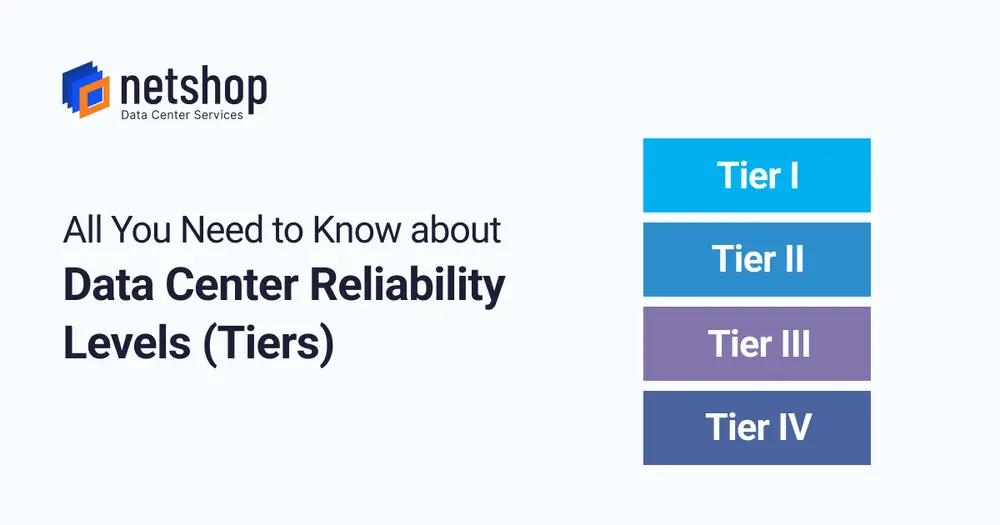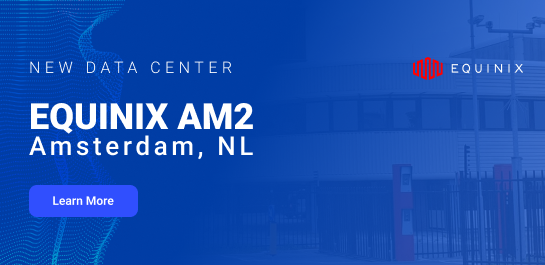For web developers, choosing between virtual and dedicated server hosting can be a tricky decision, but a significant one nonetheless. There are multiple factors that need to be considered in order to reach an informed conclusion, including the scale of potential projects, anticipated traffic, budget and technical requirements.
In this article, we will outline the four main things that web developers should know before making their choice between virtual and dedicated server hosting.
Performance
Generally speaking dedicated servers offer superior performance due to exclusive access to resources. A dedicated server will be the optimal choice for complex projects like video streaming or high-traffic e-commerce sites. Whilst virtual servers can also be efficient for most projects, a decrease in performance may be noted during periods of high traffic since resources are shared.
In terms of performance, a virtual server is better suited to small to medium-sized projects that don’t require constant, high resource allocation. Developers should consider the types of projects they intend to take on when choosing between dedicated and virtual server hosting to ensure consistent performance and stability.
Scalability
When considering scalability, there are some distinct differences between dedicated and virtual servers. Dedicated servers generally offer robust scalability by allowing developers to optimize resources exclusively for their application needs. However, scaling dedicated servers often involves physical upgrades, which can be time-consuming and costly.
On the other hand, virtual servers provide much more flexible scalability by allowing for rapid resource allocation and adjustments based on demand. Virtual servers offer scalability without the need for hardware changes, enabling developers to expand resources as and when required, making them an ideal choice.
Costs
Dedicated servers typically come with a higher initial cost due to their exclusive use and powerful hardware. However, they might offer web developers better long-term value for certain high-performance, resource-intensive applications.
Virtual servers present a more cost-effective option initially, as they share hardware resources among multiple users, reducing individual costs. A virtual server is the most cost-effective choice of the two, and may be more suitable for start-ups, freelance web developers or small businesses.
Security
In terms of security, both dedicated and virtual servers have their advantages. Since dedicated servers are exclusively allocated to a single user, the risk of security breaches from other users is diminished. Virtual servers, while sharing hardware resources, benefit from virtualization technology that provides a level of isolation. Ultimately, both dedicated and virtual servers can be secured effectively as long as appropriate security measures are implemented.
With all that being said, it’s important to align your hosting choice with your project requirements. Make sure to consider the specific needs of your project, including expected traffic, scalability demands, budget constraints, and security concerns.
The Best Hosting with NetShop ISP
Whether you need a dedicated server or a virtual server, NetShop ISP has hosting solutions to suit the needs of every business. Talk to one of our hosting experts today for a free consultation!





















